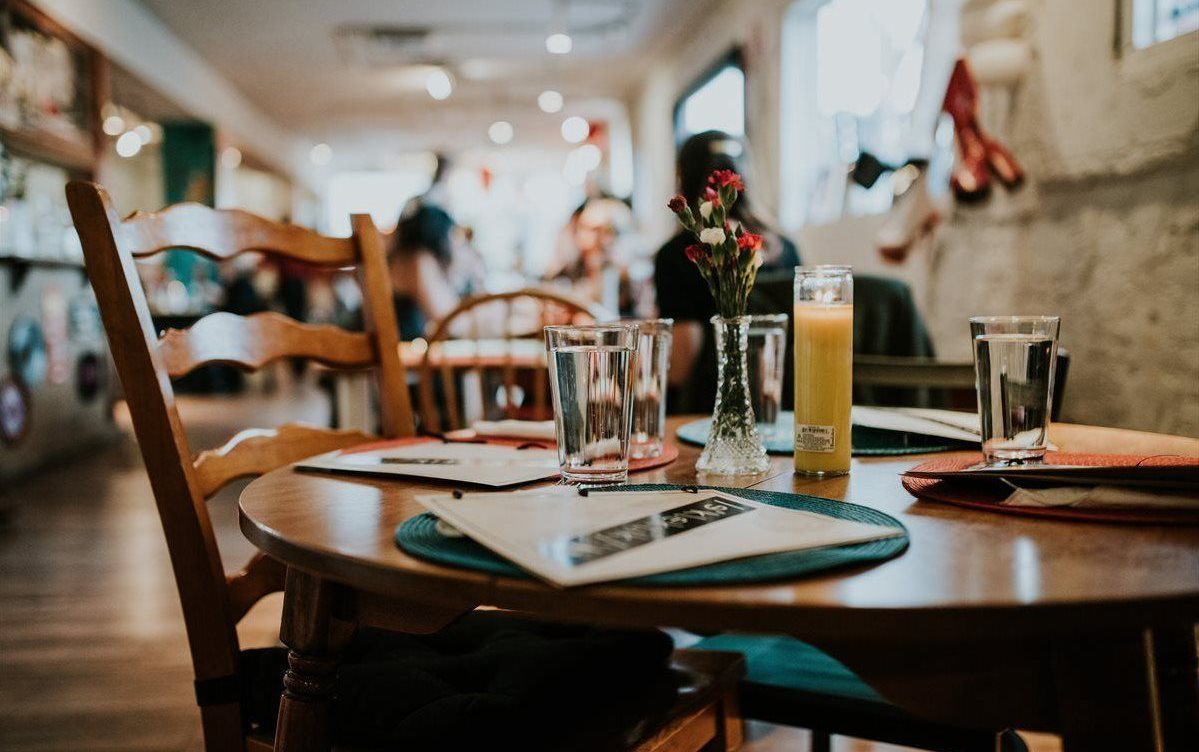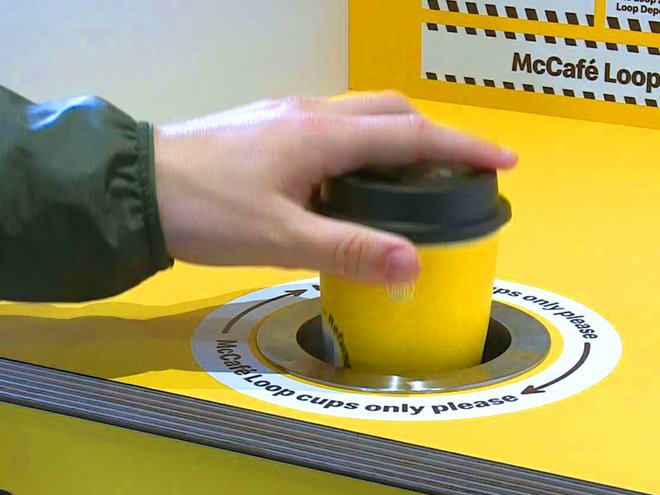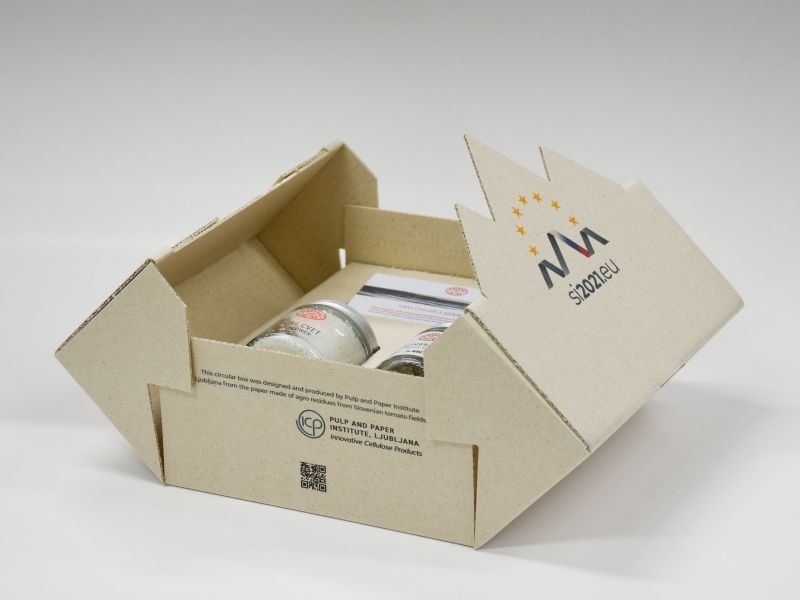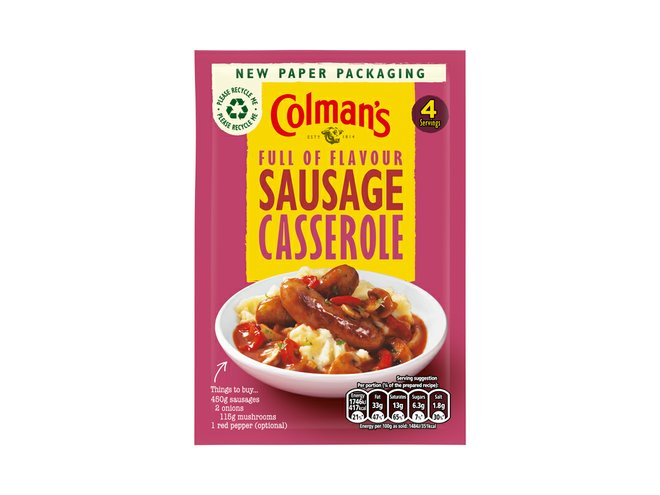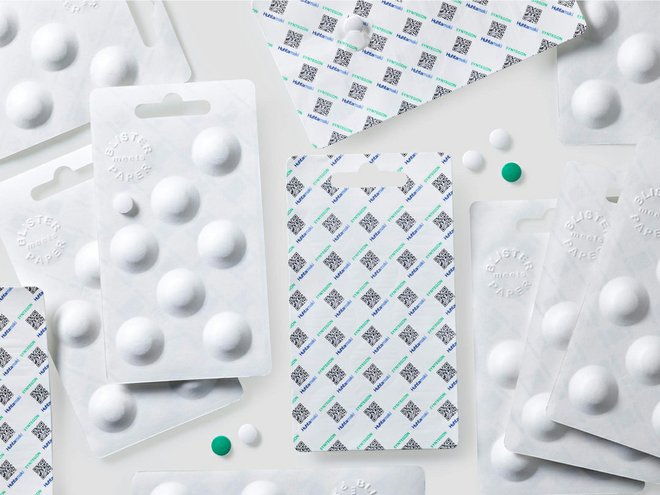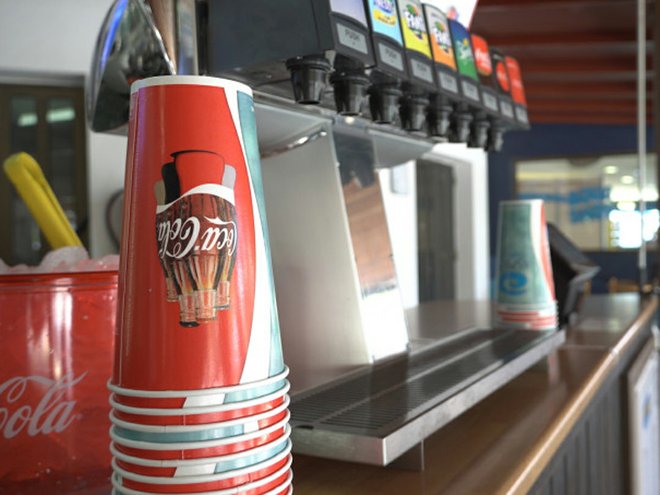Lockdown restrictions around the world have had a significant effect on the hospitality industry. While the easing of restrictions earlier in the year in South Africa was welcomed news, the recent level 4 lockdown has meant another devastating setback for restaurants, hotels and more. Drive past your local restaurant scene and you’ll quickly get the picture.
Among the sub-sectors affected is the food service industry that supplies to sit-down and quick-service restaurants and hotels. So what are some of the new trends that have emerged and how are businesses adapting?
Here are four trends to look out for.
1. In times of struggle, comes opportunity
United by a common client base, two food service business units within the Libstar family, Rialto Foods and food packaging business, Multi-cup, have consolidated to adapt to these ever-changing circumstances under the leadership of Derek Couzens, commercial executive of the combined divisions.
Globally, the food service industry has been unable to rely on business continuity over the past 16 months and, amidst the third wave in South Africa and the gradual rollout of vaccinations, it’s clear that we’ll be living with Covid-19 for a while.
He says that brands should focus on agility and responsiveness to new trends and different demands, rather than waiting for “the return to normal.” “With the change in lifestyle limitations, consumer behaviour has also changed. It’s a credit to the combined business that we have been able to operate with a more resilient future-fit approach,” says Couzens.
He explains that getting core business fundamentals right enabled their agility to tap into those trends. “We had to concentrate on the strength of our own supply chain and stock replenishment systems in the midst of supply uncertainties. Disciplined financial processes have also been foundational, as has maintaining our strong presence in the food service channel across multiple food and food packaging categories.”
2. Rise of online ordering, home deliveries
Over the extended periods of hard lockdowns, online ordering and home delivery became a growing route for restaurants and quick-service restaurants to reach consumers. It’s given consumers, who had previously never ventured into online ordering, the opportunity to upskill themselves, adopt new shopping habits and realise the benefits of ordering online.
“The surge and wider scope of online food deliveries brought about increased demand for innovations in food packaging. Multi-cup leveraged opportunities to meet rising demand for various types of food packaging to prevent product damage, enhance sustainability and improve the customer experience,” explains Couzens.
3. Strategic client partnerships, collaboration
Across the Libstar family, the challenging environment has only strengthened relationships with trading partners. Couzens says: “We found ourselves aligning our shared commitment to pivot and deliver consumer value despite the harsh conditions. Rialto Foods’ sharp focus on quality, authentic foods enabled us to help customers develop beverage innovations in the wake of alcohol restrictions, as well as menu innovations better suited to home deliveries and smaller menu offerings.
“An example of this has been the collaborative role played by Rialto in building menus of both cocktails and ‘mocktails’ together with restaurant and bar owners, leveraging the innovations made possible by Rialto’s distribution of the world-leading ‘finest call’ brand of cocktail mixes. It’s been a silver lining of the pandemic, and a privilege to have more opportunities to collaborate so closely and deepen our essential customer relationships as trusted business partners.”
4. Staying the course with the sustainability trend
Not all emerging consumer trends are new, but some have demanded an ongoing commitment during the pandemic. For Multi-cup, with its flagship Precious Planet eco-friendly food packaging range, meeting consumer demand for sustainability has been an ongoing priority.
Trivium Packaging’s 2021 Global Buying Green Report found that fewer than 1 in 3 people de-prioritised sustainable packaging due to Covid-19; 83% of millennial consumers showed a willingness to pay more for sustainable packaging, and sustainable products grew more than seven times faster than products that were not.
Couzens says: “We have seen an increased awareness and consumer demand for environmentally-friendly food packaging, which is likely to continue in growth. Being able to meet this trend through initiatives such as the latest first-to-market innovation, branded compostable bagasse meal-boxes in the quick-service restaurant space has certainly positioned the business well for the future.
“The amendments to the Waste Act increases producer and brand responsibilities when it comes to the management of packaging waste in South Africa and we’ve wasted no time in aligning our product offerings to meet the eco-friendly requirements.”
For both the Rialto Food Service division and Multi-cup, close attention to service levels, ongoing commitment to the highest levels of food safety and hygiene, sound financial management and the flexibility to help customers weather these uncertain times have been key to their survival. “The learnings for our team have been both hard and immensely valuable,” concludes Couzens.
“Across the food service channel resilience is being tested. On the one hand that’s a considerable stress, on the other, it ignites innovations to meet changing demands.”
Source:

